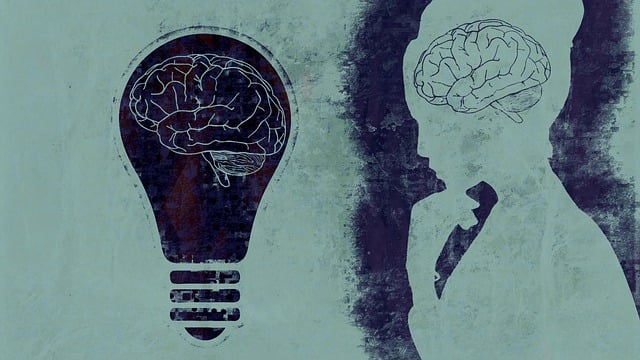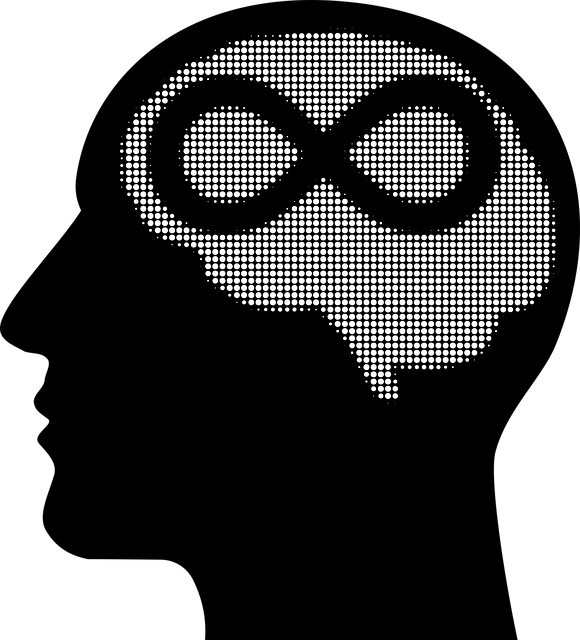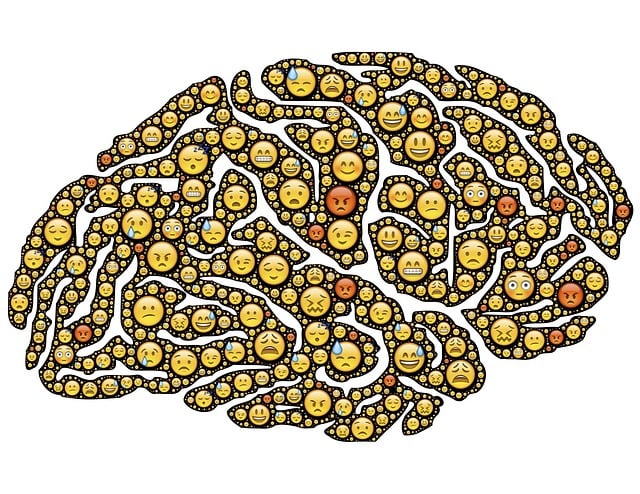The RFM (Reconnect, Foster, Master) approach offers a holistic solution for adults managing chronic pain by integrating physical therapy, psychology, and mental health education. It focuses on personalized trauma support, building mental resilience, and teaching effective coping strategies to achieve lasting solutions rather than temporary relief. This method involves assessing individual resilience, designing tailored exercises addressing unique challenges like frustration and isolation, and incorporating activities to boost self-esteem and challenge negative thought patterns. Cultural sensitivity is crucial for inclusive therapy, ensuring trust and better pain management outcomes. Regular assessments track progress in pain levels, mood, and function, allowing therapists to tailor interventions for optimal results in therapy for adults chronic pain.
Chronic pain can significantly impact an individual’s quality of life, but a growing therapeutic approach—Resilience-Focused Mindfulness (RFM)—is transforming pain management. This article explores how RFM empowers adults with chronic pain by enhancing resilience. We’ll guide you through understanding RFM, assessing personal resilience, and designing tailored exercises. From implementation strategies to measuring progress, discover how this holistic method can provide lasting relief. Uncover the power of RFM as a game-changer in therapy for adults suffering from chronic pain.
- Understanding RFM and Its Role in Chronic Pain Management
- Assessing Resilience: Identifying Strengths and Areas for Improvement
- Designing Customized Resilience-Building Exercises
- Implementing the Exercises: Strategies for Effective Delivery
- Measuring Progress and Adjusting the RFM Approach
Understanding RFM and Its Role in Chronic Pain Management

Understanding RFM—a revolutionary approach to managing chronic pain—is a crucial step in providing effective therapy for adults suffering from persistent discomfort. This method focuses on Reconnecting individuals with their physical capabilities, Fostering mental resilience, and Mastering coping strategies to navigate pain-related challenges. By integrating these aspects, RFM offers a holistic solution that goes beyond traditional pain management techniques.
In the context of chronic pain, RFM serves as a powerful tool, combining elements of physical therapy, psychology, and mental health education programs design. It helps individuals regain control over their lives by enhancing their confidence boosting abilities and providing trauma support services tailored to their needs. This personalized approach ensures that those dealing with chronic pain find not just temporary relief but lasting strategies to manage their conditions effectively.
Assessing Resilience: Identifying Strengths and Areas for Improvement

Assessing resilience is a vital step in helping adults with chronic pain embark on their journey to better mental health. This process involves identifying both strengths and areas for improvement, providing a clear roadmap for tailored interventions. Through comprehensive evaluation, therapists can uncover unique coping mechanisms, personal resources, and inherent resilience that may have gone unnoticed. By recognizing these aspects, they can incorporate them into customized therapy plans, leveraging inner strength development and confidence boosting strategies.
Cultural sensitivity in mental healthcare practice plays a significant role here. Understanding cultural backgrounds allows therapists to adapt exercises and approaches, ensuring they resonate with individuals from diverse backgrounds. This personalized approach not only enhances the effectiveness of resilience-building interventions but also fosters trust and engagement, addressing the unique challenges faced by adults navigating chronic pain while seeking therapy for their mental health.
Designing Customized Resilience-Building Exercises

When designing resilience-building exercises for adults with chronic pain, therapists must tailor activities to individual needs and preferences. This personalized approach considers unique challenges associated with living with chronic pain, such as frustration, isolation, and fear of movement. Exercises should foster self-esteem improvement by focusing on achievable goals, celebrating successes, and acknowledging progress. Incorporating activities that challenge negative thought patterns and promote positive coping mechanisms can significantly enhance resilience.
Cultural sensitivity in mental healthcare practice is paramount. Therapists should be aware of potential cultural barriers to engagement and adapt exercises accordingly. Healthcare provider cultural competency training equips professionals with the skills to navigate diverse backgrounds, ensuring inclusive and effective therapy for all patients. This sensitivity fosters trust and encourages open communication, leading to better outcomes in pain management and overall well-being.
Implementing the Exercises: Strategies for Effective Delivery

Implementing resilience-building exercises requires a strategic approach tailored to the specific needs of individuals experiencing chronic pain. A structured program can effectively deliver these therapeutic interventions, ensuring maximum engagement and benefit. One key strategy is to integrate these exercises into existing pain management routines, making them feel like natural extensions of their treatment plan. This might involve scheduling dedicated time slots for resilience training alongside medical appointments or physiotherapy sessions.
Additionally, employing a multi-modal approach can enhance delivery. Combining physical activities with mindfulness and emotional regulation techniques, for instance, allows participants to experience the benefits of each modality simultaneously. Social skills training and empathy-building strategies can also be woven into group sessions, fostering a supportive environment where individuals learn from and encourage one another.
Measuring Progress and Adjusting the RFM Approach

Measuring progress is a pivotal step in the RFM approach to resilience building exercises, especially for adults suffering from chronic pain. Through regular assessments, therapists can gauge the effectiveness of the program and tailor interventions to meet individual needs. This iterative process involves tracking participants’ pain levels, mood, and overall function before, during, and after the exercises. By comparing these metrics, therapists can identify areas of improvement and potential challenges, ensuring the therapy aligns with the goals of the Mental Wellness Podcast Series Production.
Cultural sensitivity, a key aspect of successful mental healthcare practice, influences how these assessments are conducted. Therapists must be mindful of cultural differences in pain expression and coping mechanisms, as highlighted in the Cultural Sensitivity in Mental Healthcare Practice literature. Adjustments to the RFM approach can then be made to better serve diverse populations, ensuring that resilience-building exercises are inclusive and impactful for all participants, regardless of their background or experiences with chronic pain. Incorporating this level of adaptability also strengthens the overall design of Mental Health Education Programs.
The implementation of Resilient Factors Model (RFM) exercises offers a promising approach to managing chronic pain, empowering individuals to take control of their well-being. By assessing resilience and designing tailored interventions, this method enhances the effectiveness of therapy for adults suffering from chronic pain. Through strategic delivery and ongoing measurement, healthcare professionals can guide patients towards building mental fortitude, improving coping mechanisms, and ultimately achieving better pain management outcomes. This comprehensive RFM framework is a valuable tool to revolutionize chronic pain therapy.














